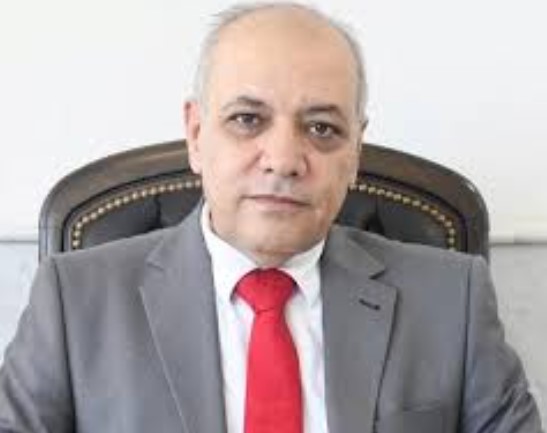Jalali Appointed as New Head of Government
On Saturday, Syrian President Bashar Assad made an important announcement concerning the leadership of his country. Mohammed Ghazi Jalali, the former Communications Minister, has been appointed as the new head of government. This decision, reported by state media, came after the recent parliamentary elections held in July. The elections marked a significant step for Syria, a nation grappling with the aftermath of years of civil war, but Jalali’s appointment is likely to raise eyebrows both within and outside the country due to his controversial background.
Jalali’s role in the government is not new. As the former Communications Minister, he played a central part in managing Syria’s communication networks during a particularly turbulent time for the nation. However, what stands out most about his appointment is his past involvement in the country’s severe measures during the Syrian conflict, a role that has earned him sanctions and widespread criticism.
Sanctions and Controversies Surround Jalali
At the heart of the controversy surrounding Jalali’s new appointment are the European Union sanctions placed on him back in October 2014. These sanctions were a direct result of Jalali’s involvement in the government’s crackdown during the Syrian civil war, which erupted in 2011. The conflict, which has caused the deaths of nearly half a million people and displaced millions more, remains a painful chapter in Syria’s recent history.
Jalali, who is 55 years old, is considered by the EU to have played a part in the regime’s violent repression against Syrian civilians. The harsh measures taken during the conflict included the suppression of public protests and other actions viewed by the international community as a violation of human rights. For this reason, Jalali’s name has been listed among those sanctioned by the EU.
These sanctions against Jalali are not symbolic. They have practical consequences, particularly concerning his ability to travel or conduct financial dealings in Europe. The EU has made it clear that they view Jalali as a key player in Syria’s efforts to control its people during the most brutal phases of the conflict. While his appointment as head of government is a significant development for Syria, it also signals potential friction with the international community, which remains critical of Syria’s internal politics and human rights record.
Outgoing Government and Sanctions Overview
Before Jalali’s appointment, the Syrian government had been operating in a caretaker role. The parliamentary elections held in July had left the previous administration without full authority, waiting for the appointment of new leadership. The timeline for Jalali to form his new Cabinet remains unclear, and many questions still linger regarding what this change means for Syria’s internal affairs and its relationship with the rest of the world.
The European Union sanctions on Jalali are part of a broader framework of sanctions against Syria, which has been in place since the conflict began in 2011. These measures were designed to apply pressure on the Syrian government to halt its violent actions against civilians and to push for political reforms. Some of the most significant sanctions include a ban on Syrian oil imports to Europe, which was a crucial source of income for the Syrian government before the war. Other measures have included restrictions on investment in Syria, a freeze on assets held by Syria’s central bank in EU countries, and bans on the export of technology or equipment that could be used for internal repression or surveillance.
The sanctions have created a complex situation for Syria, as the country struggles to rebuild its economy while still being largely isolated from much of the international community. For individuals like Jalali, the sanctions serve as a reminder of the global disapproval of Syria’s handling of the civil war. However, these sanctions have also been criticized by some, who argue that they primarily hurt the Syrian people by limiting the country’s ability to access important goods and resources.
As Jalali steps into his new role, the challenges he faces are vast. Not only does he need to navigate Syria’s internal issues, but he must also contend with the international pressures that come with being a sanctioned individual. For now, his appointment marks the latest shift in a country still trying to emerge from the shadows of conflict and find a path forward.


